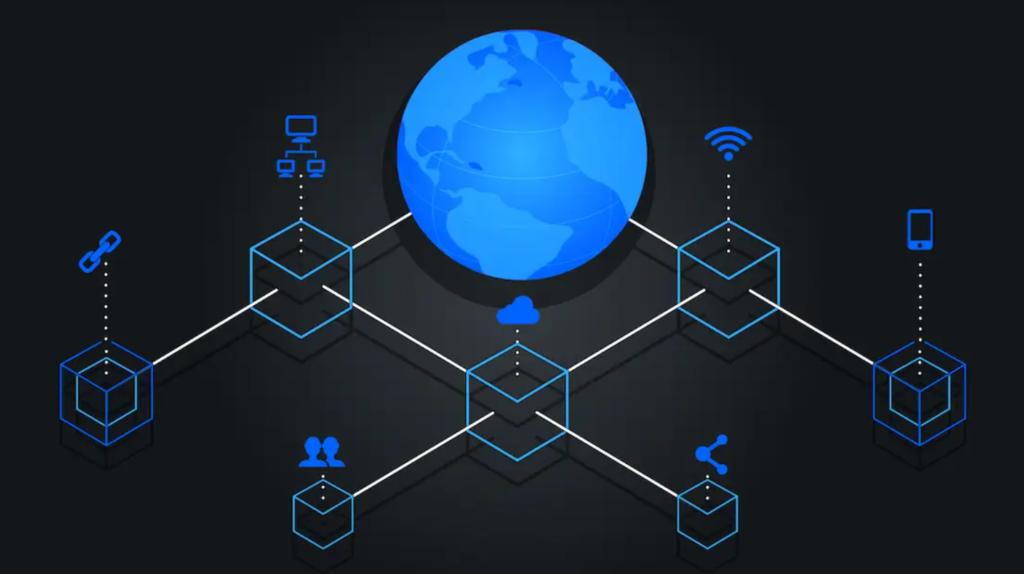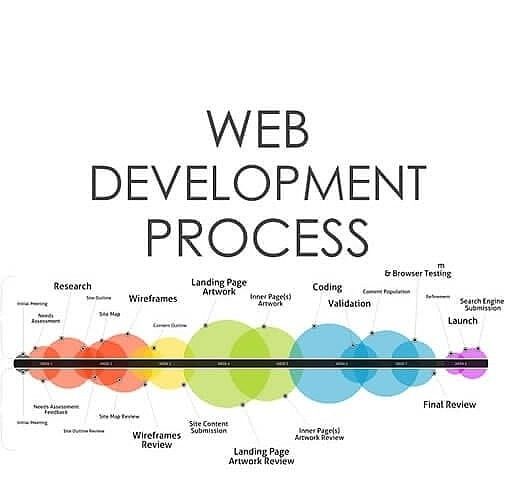Over the past two years, the remote work models have become a new norm for all sizes of businesses as the COVID-19 pandemic required so. As of 2022, the pandemic has come to an end, and our lives are no longer ruled by COVID-19 precautions. But, the remote work isn’t going anywhere. Every day, more businesses adopt hybrid or solely remote work models.
With the increasing number of remote businesses, the need for Zero Trust Network Access (ZTNA) has become a necessity rather than an extra. It is safe to say that Zero Trust implementation has many benefits for businesses as it strengthens their cybersecurity posture and creates a more secure work environment for everyone. Before listing the top 5 reasons why you should implement Zero Trust, let us briefly explain what is Zero Trust Network Access.
What Is Zero Trust Network Access?
Zero Trust Access Network (ZTNA) is grounded on the idea “trust none, authenticate all”, it assumes that all users, devices, and applications are hostile until they authenticate their identities. In other words, it never grants access to corporate networks without authenticating users’ identities.
With Zero Trust implementation, businesses can control users, devices, and applications’ access to corporate networks, and see who is accessing which data, when, and from where. Additionally, Zero Trust ensures that employees can only reach the necessary resources and data to do their jobs effectively.
Zero Trust segments the corporate networks and doesn’t allow lateral movement. That’s why it reduces the surface areas of potential attacks and enables immediate response to cyber attacks. Additionally, it separates the segments that contain sensitive data and doesn’t grant access to unauthorized users. In short, Zero Trust provides enhanced network security for businesses.
If you are using Microsoft for your business, you should consider implementing Zero Trust Network Access through Microsoft Cloud Solution Provider, there are a number of key benefits to using this service. Some of the benefits include increased security, improved efficiency and productivity, reduced costs, and enhanced flexibility.
Why Does Your Remote Business Need Zero Trust?
1- Traditional Security Approaches Aren’t Effective Anymore
Traditional perimeter-based security approaches aren’t effective in protecting your corporate assets, and resources because these approaches assume that every user inside the perimeter can be trusted, and so it gives employees unlimited access within the network. Additionally, while using these, it is impossible to monitor who is accessing which data, and what they are doing with it.
Modern businesses are more dependent on digital technologies, and their business scope isn’t bound to a perimeter anymore. That’s why these are incompatible and irrelevant to modern-day challenges and cyber threats. Meanwhile, Zero Trust enables greater control and wider visibility across the enterprise and it doesn’t adhere to a perimeter.
2- Remote Work Increases The Security Risks
Working from home doesn’t necessarily mean that your employees will always work from home. Today, many employees prefer to work in public places and connect to your resources via unsecured networks. If your business uses out-of-date security tools, unsecured wifi connections can cause data breaches. Additionally, using personal devices for work is extremely risky as well. But, implementing Zero Trust can mitigate security risks associated with remote work as it hides your corporate network from outside entities, and provides enhanced security and greater control across the enterprise.
3- Cyber Crimes Drastically Increases
Ever since remote work has become a new norm for us, cyber crimes have been increasing exponentially. By 2025 cybercrime damages are forecasted to reach 10 trillion dollars annually. Unfortunately, modern remote businesses are facing an increased risk of cyberattacks.
To combat these criminals and prevent potential breaches, Zero Trust solutions are required. Zero Trust can detect breaches immediately and it doesn’t allow attackers to reach other segments of your network. Even if a breach occurs, Zero Trust ensures that attackers can’t make further damage.
4- Third-Party SaaS Applications and Employees Can’t Be Trusted Completely
Neither third-party SaaS applications nor your employees can be trusted completely. Giving implicit trust and unlimited access to applications and employees are very risky, and these are literally open invitations for data breaches. All of your employees and applications shouldn’t have access to segments that contain sensitive data.
Zero Trust can help your businesses to manage permissions, and you can limit and control your employees’ and applications’ access within the corporate networks. In short, Zero Trust ensures the safety of the sensitive data you hold.
5- Complexity Of Your Network Increases
The complexity of your network increases every day with the increasing number of remote employees. Additionally, adopting cloud, multi-cloud, and hybrid infrastructures make your network more complicated as the workloads mostly move to the cloud. Zero Trust minimizes the complexity of your network and simplifies security. By implementing Zero Trust your IT admins can manage the complete system from a single control panel.
Last Words
In today’s world, Zero Trust Network Access (ZTNA) solutions are essential for your remote business. Zero Trust solutions provide enhanced network security that is up to date with modern-day challenges and cyber threats.
Is a freelance tech writer based in the East Continent, is quite fascinated by modern-day gadgets, smartphones, and all the hype and buzz about modern technology on the Internet. Besides this a part-time photographer and love to travel and explore. Follow me on. Twitter, Facebook Or Simply Contact Here. Or Email: [email protected]

![707 Mystic Messenger Email Guide. [All Codes] Mystic Messenger Email Guide](https://axeetech.com/wp-content/uploads/2020/06/mystic-messenger-Email-Guide-Lists.jpg)

![23 Best Football Streaming Apps Free on Android [2023]. [All Leagues Streaming] Apps to Watch Live Football Matches](https://axeetech.com/wp-content/uploads/2022/11/Apps-to-Watch-Live-Football-Matches-1.jpg)



Leave a Reply